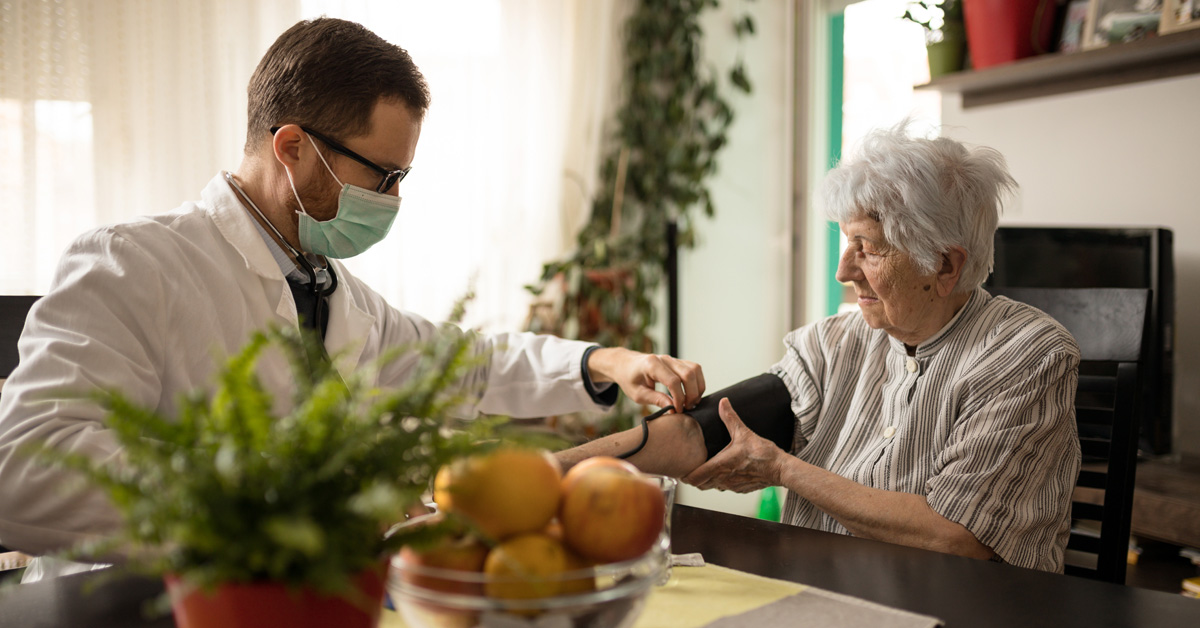
The Evolving Role of Hospice Chaplains Beyond Religious Boundaries
In hospice care, chaplains fulfill a role that extends beyond traditional religious duties. While they have historically been associated with providing religious guidance, modern hospice chaplains offer spiritual support that transcends specific faiths, ensuring their services are beneficial to both religious and non-religious patients alike.
A Holistic Approach to Spiritual Care
Spirituality, a profound element of human life, extends beyond religious identity. It involves the pursuit of meaning, purpose, and connection. Hospice chaplains excel in addressing the varied spiritual needs of all patients, including those who do not follow a specific faith. They are trained to promote comfort and emotional well-being, helping each patient navigate their spiritual path.
Active Listening and Creating Safe Spaces
Hospice chaplains provide crucial support to non-religious patients through active listening. By fostering a welcoming environment where patients can express their thoughts and emotions freely, chaplains facilitate a space of understanding and acceptance. They serve as compassionate companions, affirming the patient’s feelings and beliefs without imposing religious frameworks.
Exploring Life’s Meaning and Legacy
End-of-life reflections on life’s meaning and the legacy one will leave are particularly poignant for non-religious patients. Hospice chaplains are proficient in guiding these reflective conversations, allowing patients to consider their values, relationships, and influence on others. These discussions help patients achieve closure and peace, regardless of their spiritual beliefs.
Customized Rituals and Practices
Skillfully, hospice chaplains craft personalized rituals and practices that cater to the spiritual preferences of each patient, including those who are non-religious. These might include artistic activities, mindfulness techniques, guided meditations, or connections with nature, focusing on experiences of transcendence that reflect the patient’s personal worldview.
Embracing Uncertainty and Acceptance
Facing the end of life, non-religious individuals often confront existential questions about the afterlife and the meaning of mortality. Hospice chaplains navigate these uncertainties by promoting a space where acceptance and contemplation are encouraged. Rather than providing definitive answers, they support patients in appreciating the mysteries of life and death and finding beauty in the unknown.
Comfort, Understanding, and Companionship
Hospice chaplaincy has transformed into a comprehensive and inclusive practice that supports people from all backgrounds, irrespective of their religious ties. Chaplains offer comfort, understanding, and companionship to non-religious patients during crucial life transitions. By acknowledging the universal aspects of spirituality and providing empathetic support, chaplains are essential in assisting patients in finding meaning, peace, and connection as they approach the end of their lives.
Questioning the Role
Many people might question the role of a chaplain in supporting a non-religious patient. However, chaplains are trained to offer comfort and support to all individuals, irrespective of their religious beliefs or backgrounds.





